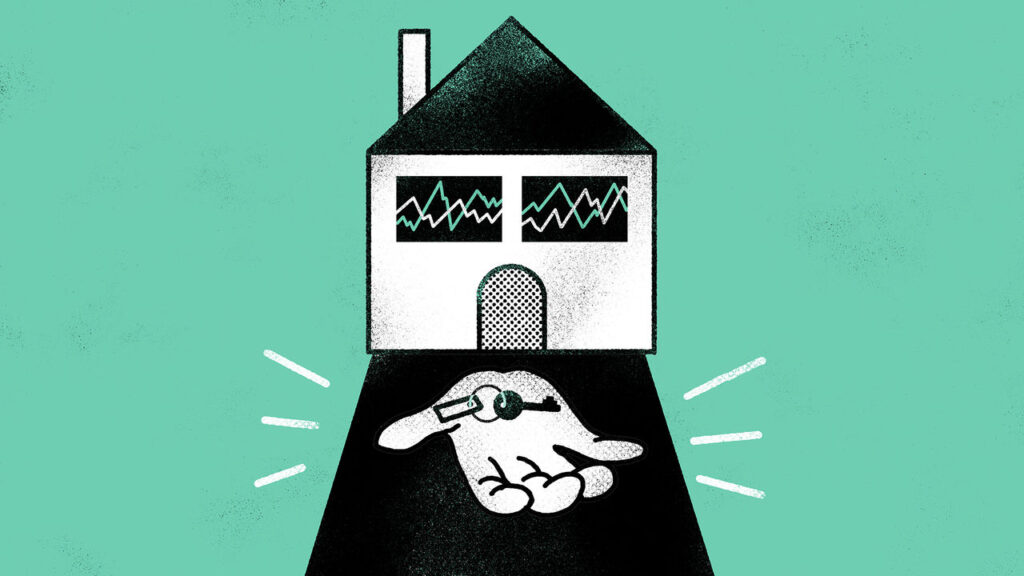When it comes to financial decision-making, the act of borrowing an amount equating to several times one’s annual income to purchase a risky asset can be categorized as a monumental choice. Nevertheless, for countless individuals, the process of acquiring a mortgage to invest in a home tends to feel nearly instinctual or self-evident. This phenomenon occurs primarily due to the essential need for shelter and the emotional and social connotations tied to homeownership. Compared to more complex decisions, such as how much money to allocate for retirement or the intricate process of distributing one’s investment portfolio among various asset classes like cash, stocks, and bonds, securing a mortgage for a home usually appears less burdensome.
The psychological weight of financial decisions varies significantly depending on the circumstances and perceived stakes. For instance, when contemplating retirement savings, individuals often encounter a plethora of factors requiring careful consideration. These may include expected retirement age, lifestyle desires, health care costs, and potential longevity, all of which contribute to a more intense decision-making process. Additionally, there exists uncertainty regarding the return on investments in stocks or bonds, hence making the decision to allocate funds among these forms of investment even more complex. Individuals might find themselves mulling over potential risks and benefits, leading to paralysis by analysis.
In stark contrast, obtaining a mortgage and purchasing a home often arises from a societal expectation rather than merely financial calculations. The idea of owning property is deeply ingrained across various cultures, often viewed as a benchmark of success and stability. The emotional resonance of establishing a permanent residence, coupled with the steady climb in property values in many regions, adds a layer of justification. In many cases, the decision to purchase a home is driven more by aspiration than by rigorous examination of the associated financial risks, which include fluctuating property values, potential economic downturns, and the obligations of long-term debt.
The residential real estate landscape also plays a significant role in shaping public attitudes towards mortgages. In numerous cities, the demand for housing has skyrocketed, pushing prices to historically high levels, thus propelling many potential homeowners to extend their financial limits. The trend of taking on larger mortgages can be seen as both a reflection of cultural norms and a response to market conditions. Many buyers are persuaded to stretch their budgets, overlooking the admonitory tales of those who faced financial hardship due to over-leveraging themselves in a competitive housing market.
This tendency to approach homeownership with a somewhat simplistic mindset may also arise from the relative familiarity and accessibility of mortgage products. For many, the process may be perceived as straightforward; after all, financial institutions provide a wide array of mortgage types, from fixed-rate to adjustable-rate options, catering to diverse buyer needs. This seemingly manageable process can lend a sense of security that encourages individuals to commit without thorough examination of their long-term implications.
Ultimately, as the housing market continues to evolve, so too must the discourse surrounding homeownership and associated financial decisions. It is essential to advocate for more informed decisions regarding mortgages and real estate investments. Financial literacy programs focusing on long-term planning, risk assessment, and asset management can empower individuals to make choices that align better with their financial wellbeing and goals.
In summary, while obtaining a mortgage for homeownership can seem like a straightforward decision, it is crucial for individuals to engage in comprehensive evaluation regarding the financial repercussions of such commitments. As housing markets fluctuate, smart, informed decision-making should remain a priority for anyone considering taking the plunge into homeownership, ensuring that they navigate their financial futures with both ambition and prudence.



